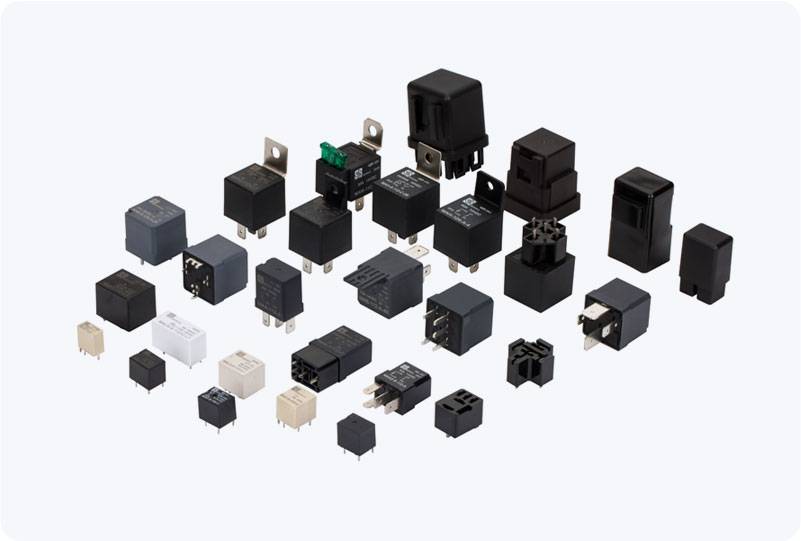Industrial control relays are an essential component of modern industrial automation systems. These devices act as switches that enable automated processes and control large-scale machinery, electrical equipment, and systems in various industries, such as manufacturing, energy, and transportation. By providing a reliable means to control circuits, relays enhance operational efficiency and safety while offering protection for electrical systems. In this article, we will explore the importance of industrial control relays, their functions, types, and applications in contemporary industrial settings.

What Is an Industrial Control Relay? An industrial control relay is an electrically operated switch used to control the flow of current within a circuit. It uses an electromagnet to open or close contacts, which allows it to either initiate or stop the flow of electricity in a given circuit. These relays can be used in various applications, from controlling machinery in manufacturing plants to managing power systems and ensuring that electrical circuits are properly protected. The primary function of an industrial control relay is to isolate or connect electrical circuits based on a specific set of conditions or signals. When a control signal is received, the relay is activated and causes the switch to close or open, depending on the type of relay. This simple yet powerful mechanism forms the foundation of industrial automation systems.